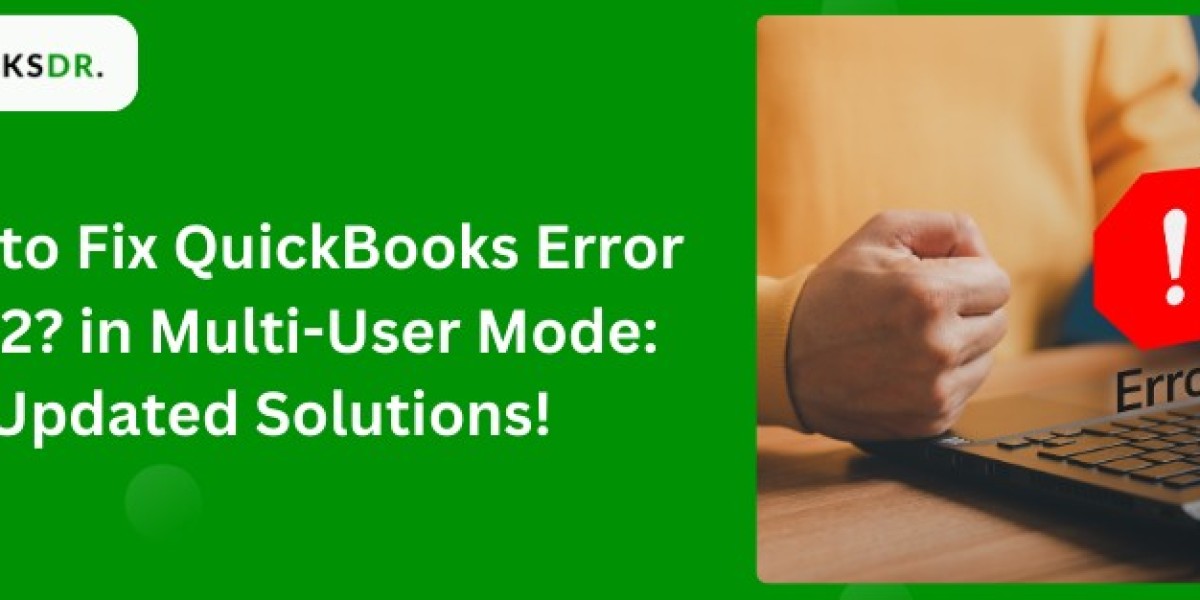What is Satellite Internet?
Satellite internet works by transmitting data from a ground station to a satellite orbiting the Earth and then back down to a satellite dish installed at your home or business. This technology enables users to access the internet regardless of their geographical location, making it a viable choice for those who may not have access to conventional wired services.
The system consists of three main components:
Satellite Dish: Installed at your location, it receives signals from the satellite and transmits data back to it.
Satellite: Positioned in geostationary orbit, it acts as a relay between the ground station and your dish.
Ground Station: Located on Earth, it connects to the internet backbone and communicates with the satellite.
Advantages of Satellite Internet
There are several benefits to using satellite internet, particularly if you live in a remote area or somewhere without access to high-speed fiber or cable internet. Here are some key advantages:
Wide Coverage: One of the most significant benefits of satellite internet is its wide coverage area. Satellite internet can reach almost anywhere on Earth, making it ideal for rural areas, mountainous regions, and other locations where traditional internet services are unavailable.
Accessibility: Because it doesn’t rely on physical cables, satellite internet is often quicker and easier to set up than wired connections. This accessibility is especially valuable in emergency situations when other forms of connectivity may be disrupted.
Multiple User Support: Many satellite internet services allow multiple users to connect simultaneously, making it suitable for households with several devices. Whether you need to browse, stream, or work from home, satellite internet can handle multiple tasks.
Consistent Speed: Although speeds can vary based on the provider and plan, satellite internet often provides consistent service. Unlike some terrestrial connections, which can slow down during peak usage times, satellite connections are less susceptible to congestion.
No Need for Local Infrastructure: In areas where local infrastructure is lacking, satellite internet is an excellent alternative. It does not depend on ground-based networks, which can be limited or outdated in rural regions.
Considerations for Choosing the Best Satellite Internet Service
While satellite internet has numerous advantages, it’s essential to consider various factors before making a choice. Here are some tips to help you select the best satellite internet service for your needs:
Speed Requirements: Different users have different speed needs. Determine what you primarily use the internet for—streaming, gaming, video conferencing, or general browsing—and choose a service that offers adequate speed for those activities. For example, streaming high-definition videos requires higher speeds than browsing websites.
Data Caps: Many satellite internet providers impose data caps, which limit the amount of data you can use each month. If you are a heavy internet user or have multiple devices connected, look for a service with a higher data allowance or no caps at all.
Latency: Satellite internet can experience higher latency due to the distance data must travel to the satellite and back. While this may not significantly impact general browsing, it can affect real-time activities like gaming or video calls. Be sure to check latency ratings if you plan to engage in activities that require low delay.
Contract Terms: Before signing up for a service, read the contract carefully. Some providers may require long-term commitments, while others may offer more flexible options. Look out for hidden fees or cancellation charges that could affect your decision.
Equipment Costs: Setting up satellite internet typically involves purchasing or renting equipment, such as a satellite dish and modem. Be sure to factor in these costs when comparing different providers and their plans.
Customer Support: Quality customer support can make a significant difference, especially if you encounter issues with your service. Look for providers with a reputation for good customer service and easy-to-reach support options.
Installation Options: Some satellite internet services require professional installation, while others allow for self-installation. Consider which option works best for you, keeping in mind any associated costs.
User Reviews: Researching user reviews can provide insights into the reliability and quality of service offered by different satellite internet providers. Look for comments about speed, customer service, and overall satisfaction to help inform your decision.
Understanding Satellite Internet Costs
The cost of satellite internet can vary significantly depending on the provider, plan, and additional services. Generally, you can expect to pay a monthly fee for service, alongside potential installation costs and equipment rental fees. Here’s a breakdown of typical costs you might encounter:
Monthly Service Fees: Basic plans usually start at a lower price point, but advanced plans with higher speeds and data allowances can be more expensive. It’s essential to find a balance between speed and cost that suits your budget.
Equipment Fees: Some providers charge a one-time fee for equipment, while others include it in the monthly bill. Renting equipment can lower upfront costs but may lead to higher overall expenses over time.
Installation Fees: If professional installation is required, be prepared for additional fees. Self-installation can save you money but may not be an option for everyone.
The Future of Satellite Internet
As technology continues to advance, the future of satellite internet looks promising. Emerging technologies, such as low Earth orbit (LEO) satellites, are paving the way for improved services with lower latency and higher speeds. These satellites orbit closer to Earth, enabling faster data transmission and potentially transforming satellite internet into a more viable option for a broader audience.
In addition to LEO satellites, advancements in satellite dish technology are making installations easier and more efficient. Improved signal processing and adaptive technologies may also enhance reliability and performance, making satellite internet an even more attractive option for those in underserved areas.
Conclusion
In conclusion, satellite internet is an excellent option for those who need reliable internet access in remote or rural areas. Its wide coverage, ease of installation, and consistent speeds make it a strong choice for many users. However, it’s essential to consider your specific needs, such as speed requirements, data limits, and overall costs, when looking for the best satellite internet service.







